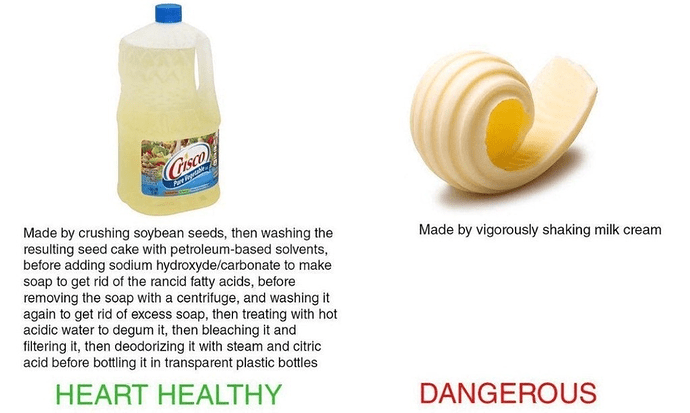Right so I have certain interest in the coconut fruit. Now the question is how healthy coconut fat is. There seem to have been quite a lot of information recently that to much saturated fat can be dangerous and you should not consume to much of it. But I must state that its hard to not state impossible to stay low carb without consume more fat then unseal. Now I can like maybe understand that it maybe not be a good idea to consume to much saturated fat from animals but is the same true for coconut? Iam thinking that because its from a plant based source it should be ok to consume at *least some right?
*I think it is ok to consume some animal fat as well but yeah guess it maybe make sense to pay a little bit attention to it at least.


 Aesthetically pleasing while bringing back some blissful butter eating memories lately…
Aesthetically pleasing while bringing back some blissful butter eating memories lately… Fat is lovely and I always was very used to eating it galore. Until low-carb. But I still have the desires to do so and I should keep me back while still having a great time at the kitchen table.
Fat is lovely and I always was very used to eating it galore. Until low-carb. But I still have the desires to do so and I should keep me back while still having a great time at the kitchen table.